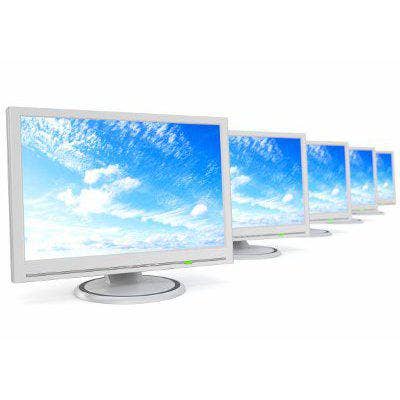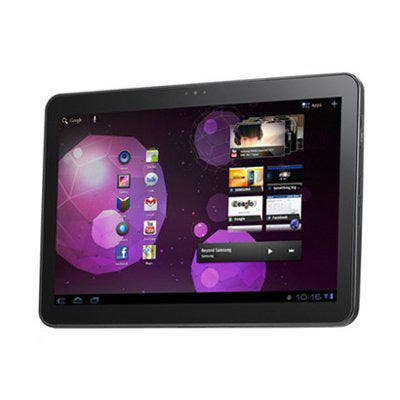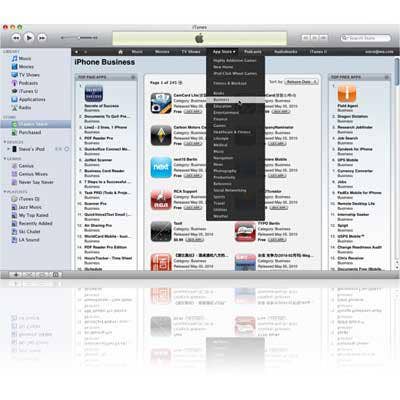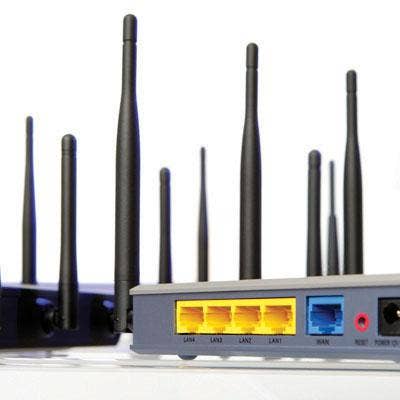Five Companies That Dropped The Ball This Week

Toshiba Nailed For LCD Panel Price-Fixing
A jury in Northern California found Toshiba guilty of conspiring with other LCD panel manufacturers to fix prices in the U.S. market, and the verdict in the class-action suit could lead to an $87 million fine.
But Toshiba insists that it did nothing wrong. "Toshiba has consistently maintained that there was no illegal activity on its part in the LCD business in the United States, and Toshiba continues to hold that view," the company said.
Seven other companies accused in the suit paid $553 million in a settlement in December. According to a report from The Wall Street Journal, these were Samsung, Sharp, Hitachi Displays, Chimei Innolux, Epson Imaging Devices, HannStart Display and Chunghwa Picture Tubes.

Samsung Stung By Court's Upholding Of Galaxy Tab 10.1 Ban
A U.S. District Court denied Samsung's request to lift a ban placed on sales of its Galaxy Tab 10.1 tablet (left) last week. According to the District Court of California, Samsung failed to prove it would suffer "irreparable" harm from not being able to sell its Galaxy Tab 10.1 tablet in the U.S.
"Samsung has not met its burden of establishing that it will likely face irreparable injury absent a stay of the preliminary injunction," Judge Lucy Koh said in a court filing. "Samsung representatives have stated publicly that Samsung projects no significant harm as a result of the preliminary injunction."

Microsoft Takes $6.2 Billion Charge On Aquantive Acquisition
Microsoft's obsession with competing with Google is getting expensive. This week, the software giant took a $6.2 billion charge for its write-down of its 2007 acquisition of Aquantive, a purveyor of online advertising technology. Considering that Microsoft paid $6.3 billion for Aquantive, that's a pretty hefty write-down and a sign of the growing pains Microsoft is encountering as it tries to boost its online advertising presence.

Spam-Spreading App Finds Way Into Apple's App Store
The discovery of a Russian language app in Apple's App Store is putting the company's app review policy into the spotlight. The app, called "Find And Call," also found its way into Android's Google Play site. It is actually a Trojan that copies the contents of a user's address book to a remote server, which then sends texts with links to spam sites to everyone in it.
Apple has removed the app from the App Store, but users have to be wondering how it got there in the first place.

Cisco Wi-Fi Router Firmware Update Has Customers Seeing Red
Cisco apologized this week for releasing a firmware update for some of its Linksys Wi-Fi routers that signed them up for the Cisco Connect Cloud service without asking first.
When users read the terms of service for Cisco Connect Cloud, they were even more freaked out: Cisco included language about tracking users' network traffic and browsing history, along with a bizarre clause that barred the use of the service for "obscene, pornographic, or offensive purposes."
Cisco later explained that it does not collect or store personal info or usage data, but the damage of this privacy blunder will likely take some time to fade.
More From CRN:
Five Companies That Came To Win This Week
Five Companies That Dropped The Ball Last Week